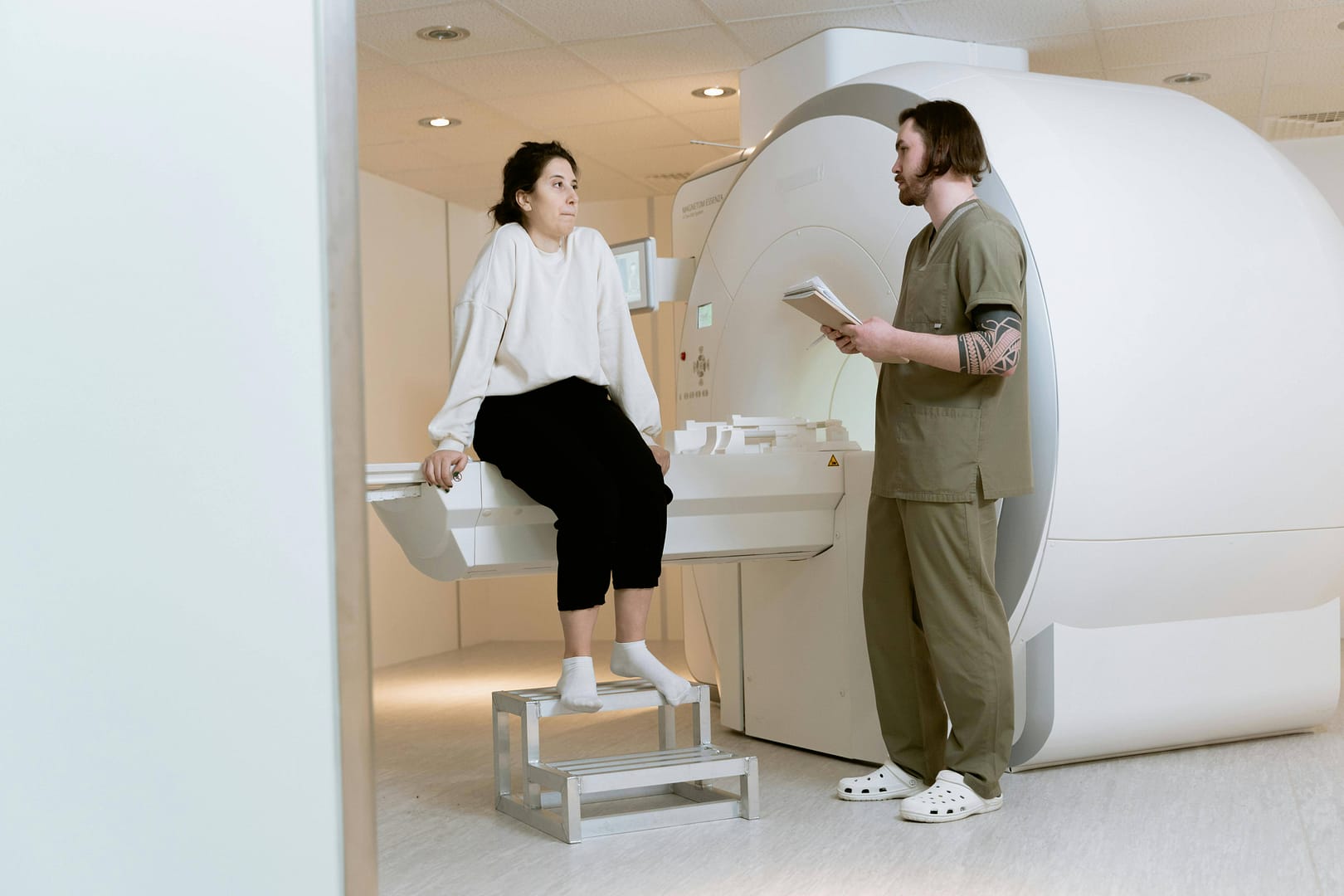Irritable bowel syndrome (IBS) can feel like a frustrating puzzle – cramping, bloating, constipation, diarrhea, or a wild mix of them all. You might even feel like your insides are rebelling against you for no reason! Often, IBS gets the blame for these digestive woes, but what if it’s actually a different culprit lurking in the shadows? Buckle up, because we’re diving deep into the world of IBS misdiagnosis and how to get the right answers. We will also explore the best steps to take when making a serious injury claim.
Why Does IBS Get Misdiagnosed So Often?
Think of IBS as a bit of a catch-all for tummy troubles. There isn’t a single test to definitively say “it’s IBS,” and the symptoms can mimic a whole host of other conditions. It’s like trying to solve a mystery – you need to gather clues (your symptoms) and rule out other suspects before landing on the real culprit.
Here’s the rub: some conditions share a surprising number of symptoms with IBS. We’re talking about inflammatory bowel disease (IBD), celiac disease, lactose intolerance, and even microscopic colitis. If these imposters aren’t properly investigated, you might end up with an IBS diagnosis that doesn’t quite fit the bill.
Receive a Call About Your Claim
The Sneaky Imposters: Conditions That Can Masquerade as IBS
Let’s meet the sneaky imposters that can sometimes masquerade as IBS:
Inflammatory Bowel Disease (IBD):
This one’s a biggie. IBD, like Crohn’s disease and ulcerative colitis, involves chronic inflammation in your gut. While cramps, bloating, and diarrhea are common, IBD can also come with weight loss, fever, and rectal bleeding – symptoms that IBS typically doesn’t have.
Celiac Disease:
This sneaky villain hides behind gluten, a protein found in wheat, barley, and rye. If you have celiac disease, your immune system attacks your gut lining when you consume gluten, leading to symptoms like bloating, diarrhea, and fatigue – all of which can be mistaken for IBS.
Lactose Intolerance:
Lactose is the sugar found in milk and dairy products. If your body struggles to digest it, you might experience gas, bloating, and stomach cramps after dairy consumption – symptoms that can easily be confused with IBS.
Microscopic Colitis:
This lesser-known condition causes inflammation in the inner lining of your colon, even though it appears normal under a regular microscope. Microscopic colitis can lead to watery diarrhea and belly pain, mimicking some IBS symptoms.
Red Flags: When Might Your IBS Diagnosis Be Off?
Not every case of IBS is a misdiagnosis, but there are some red flags to watch out for:
1. Blood in your stool:
This is a cause for concern and shouldn’t be brushed off as IBS.
2. Sudden weight loss:
Unexplained weight loss can indicate something more serious than IBS.
3. New symptoms after 50:
If you started having digestive problems after turning 50, see a doctor to rule out other conditions.
4. Severe, persistent pain:
IBS pain typically comes and goes, but constant, severe pain might point to another culprit.
5. Fever:
A fever alongside your digestive issues suggests something beyond IBS.
If you experience any of these red flags, talk to your doctor – it’s crucial to rule out other possibilities and get the right diagnosis for proper treatment.
Getting the IBS Diagnosis Detective Work Done
So, how do we unmask the true culprit behind your digestive woes? Here’s where the detective work comes in:
- Tell your doctor exactly what’s going on. Be honest and specific about your symptoms, how often they happen, and any warning signs you’ve noticed.
- Keeping a food diary: Tracking what you eat and how it affects your gut can be a valuable tool for your doctor.
- Stool tests: These tests can help rule out infections or other conditions that might be causing your symptoms.
- Blood tests: Blood tests can check for anemia, celiac disease, or other underlying issues.
- Imaging tests: Depending on your symptoms, your doctor might recommend an X-ray, CT scan, or colonoscopy to get a clearer picture of what’s going on inside your gut.
By working together with your doctor and gathering the right clues, you can finally crack the case of your digestive troubles and get the proper diagnosis – whether it’s IBS or something else entirely.

Making a Medical Negligence Claim for IBS Misdiagnosis with National Claims
At National Claims, we understand the significant impact an IBS misdiagnosis can have on your life. Delayed treatment or unnecessary procedures due to a missed diagnosis can be physically and emotionally draining. If you believe a healthcare professional’s negligence led to your IBS misdiagnosis, you may be entitled to make a medical negligence claim.
Free Consultation:
We begin with a free consultation to understand the specifics of your case. We’ll discuss your medical history, the details of your misdiagnosis, and the impact it has had on your life.
Conclusion
Living with undiagnosed or misdiagnosed digestive issues can be incredibly frustrating. But remember, you’re not alone! By advocating for yourself, working with your doctor, and getting the right diagnosis, you can take control of your gut health and live a life free from discomfort. Don’t hesitate to seek further investigation if you have any concerns about your IBS diagnosis. With a little detective work and the right support, you can finally crack the case of your digestive troubles and get back to feeling your best.
Contact us today to speak to one of our claims agents who will be able to help you get started on your claim.
Click below to see why we are one of the most trusted claims management companies in the UK.

We’re proud of our excellent customer reviews
We thrive on delivering exceptional service and ensuring our clients’ satisfaction. Don’t just take our word for it. Check out some of our independent reviews to see what our clients have to say.
Excellent

This firm is excellent, they sorted out my car pay out and injury claim very fast, they always communicate with you all the time.

My accident case was dealt with confidence and with great result of the outcome, especially James kept me informed all the time.

I was very impressed at the way my inquiry was treated. I was listened to attentively and everything I needed to know was explained to me.






